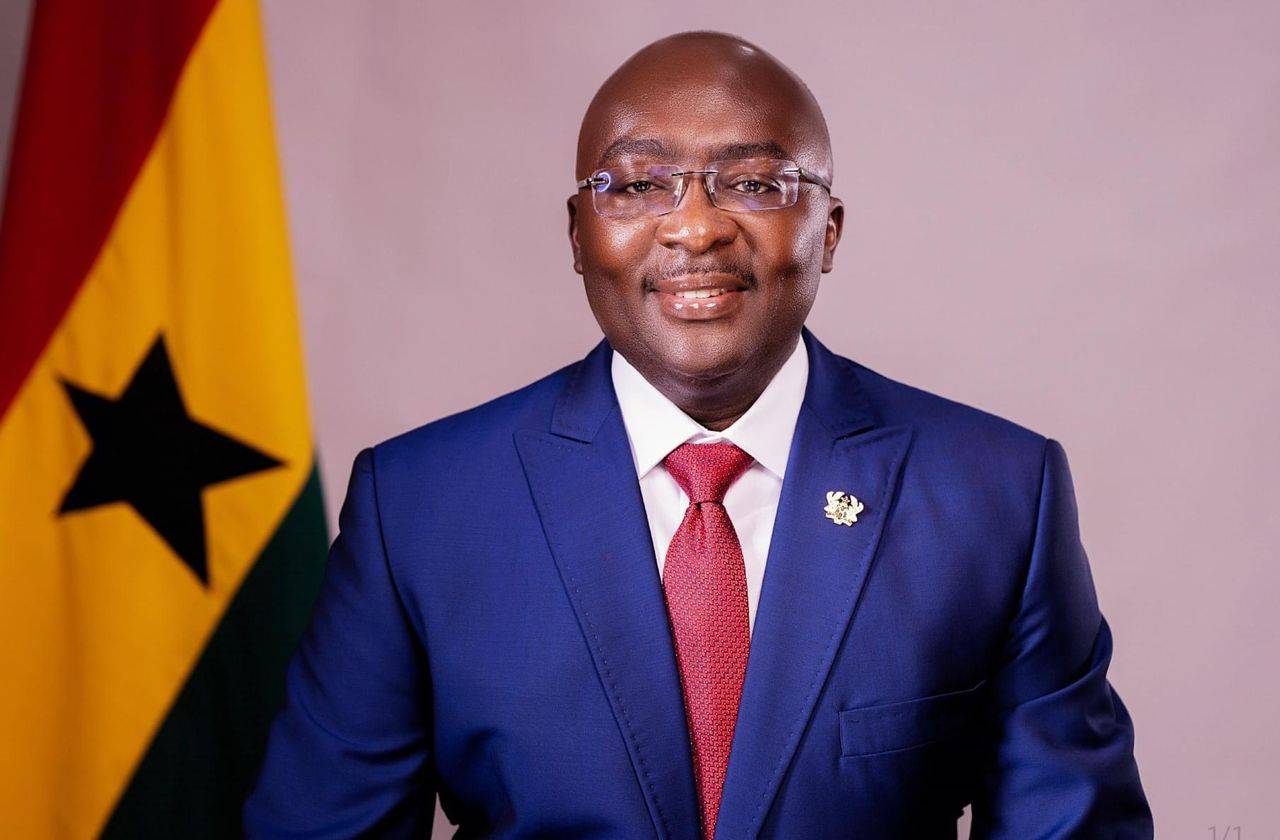By an interesting comparison of Ghana's strides at the educational level, Vice President Dr. Mahamudu Bawumia highlighted some major strides occurring during the leadership of President Nana Addo Dankwa Akufo-Addo. Speaking at an event over the weekend, Bawumia reminded the public about how bad it had been during the era of former President John Dramani Mahama, where basic educational resources like chalk were not available.
Reflecting on the past, Bawumia noted that under Mahama’s administration, schools across the country often struggled with a shortage of basic teaching materials, which hindered the learning experience for many students. He painted a vivid picture of how such shortages impacted classrooms, with teachers and students grappling with limited resources to facilitate education.
However, according to Bawumia, the Akufo-Addo administration has opened a new chapter in terms of educational reform, with technology at the core. He said students now not only have better infrastructure but are also being equipped with state-of-the-art tools to help them in their studies. He was particularly proud of the distribution of tablets to students, which he believed would bridge the digital divide and make the Ghanaian youth ready for life.
The Vice President explained that the tablets, loaded with education content, were an important move towards digitizing Ghana's education, and would thereby give students in urban and rural parts of the country the tools needed to thrive in the fast-evolving digital world.
Bawumia added that the government was improving the Teacher Training Colleges so that teacher preparedness was better and more opportunities were created for students to access quality education. He said these will aid in meeting development goals in the country by equipping a skilled and tech-savvy workforce, coupled with digital innovations.
The remarks by Bawumia served to remind the people of the large strides taken in the education sector and how the Akufo-Addo government had been seriously concerned with increasing access to quality education, thereby equipping the next generation of Ghanaians with tools to succeed.




No comments yet
Be the first to share your thoughts!